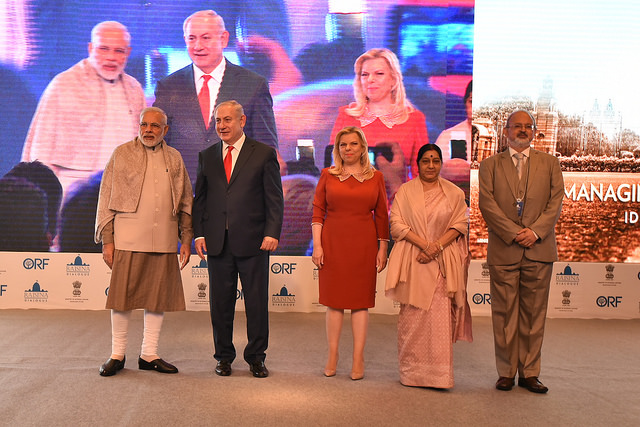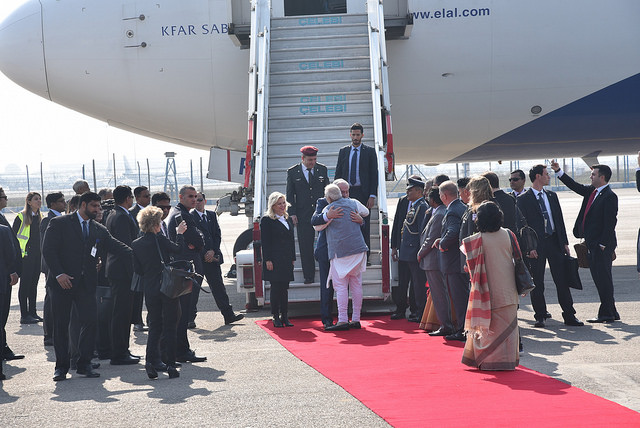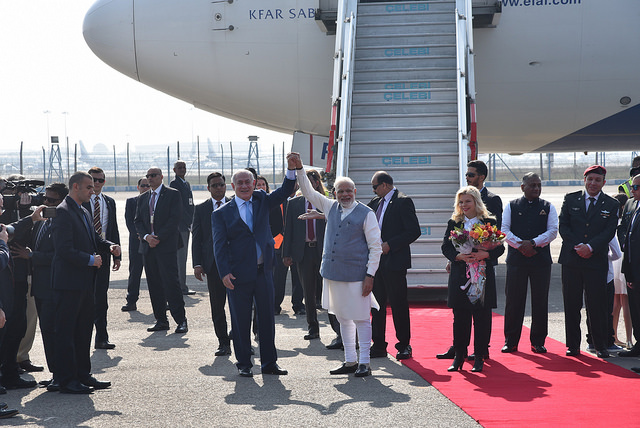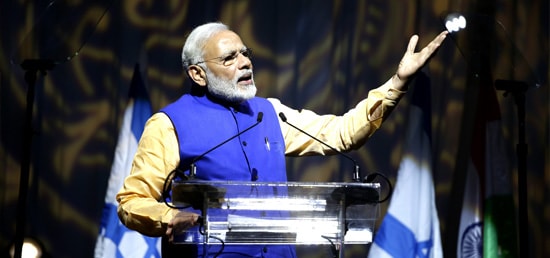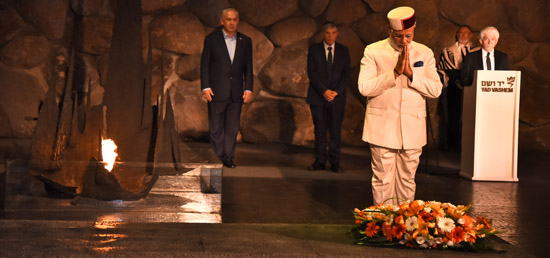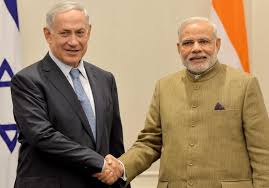The Prime Minister, Shri Narendra Modi, on Wednesday addressed the Indian Community in Israel, at a function in Tel Aviv.
He began by noting that this was the first time that an Indian Prime Minister had come to Israel, and it had taken a long period of 70 years after independence.
He thanked Israeli Prime Minister Benjamin Netanyahu for the warm welcome and respect accorded to him throughout his visit.
He said that though diplomatic relations between the two countries are only 25 years old, yet ties between India and Israel go back several centuries. He said that he has been told that in the 13th century, the Indian Sufi Saint Baba Farid had come to Jerusalem, and meditated in a cave.
The Prime Minister described the relationship between India and Israel as one of traditions, culture, trust and friendship. He noted the similarity in festivals between India and Israel. In this context, he mentioned Holi and Purim; and Diwali and Hanukkah.
Read More

